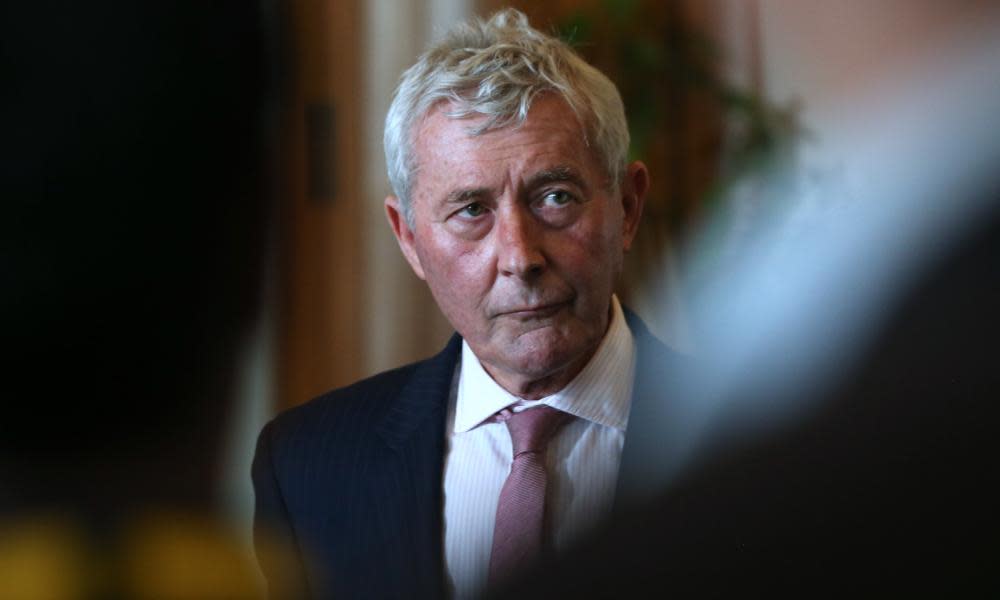Justice finally arrives for Bernard Collaery but damage has already been done

On the last day of summer, 2013, lawyer Bernard Collaery sat down to pen a missive to a client known only as Witness K. The client, a veteran of the Australian Secret Intelligence Service, had spent years stewing over his involvement in an Australian mission to bug the offices of Timor-Leste during 2004 negotiations to carve up crucial oil and gas resources.
He had sought out Collaery to help him correct an enduring wrong, one that had betrayed an impoverished ally to benefit Australia and a collection of corporations seeking to exploit the Timor Sea reserves for billions of dollars.
Collaery’s letter burned with the same sense of injustice held by his client. He told Witness K he had been “an instrument” in Australia’s “gross hypocrisy and unfairness” of pretending to help developing nations while robbing them of natural resource revenue to the benefit of oil and gas companies.
“You are still burning with resentment, you are still seeking justice,” Collaery wrote.
But justice has long proved elusive in this sordid affair. In their efforts to help Timor-Leste, Collaery and Witness K found themselves the target of a prosecution that has hovered over their heads since 2013, when Collaery’s office was raided and Witness K’s passport was seized.
The ensuing years have seen their lives shattered, millions in taxpayers’ dollars wasted, and ongoing harm to relations with one of our closest neighbours in the Indo-Pacific.
On Thursday – for Collaery, at least – it finally ended. More than four years since the charges against Collaery were first revealed, the country’s new attorney general, Mark Dreyfus, announced he had directed commonwealth prosecutors to drop the case, saying he had “determined this prosecution should end”.
The announcement drew immediate praise from Collaery’s legal team, who described it as a “principled stance” against a political prosecution that had “no discernible public interest or national benefit to the commonwealth”.
The truth is, on many levels, the damage has already been done. The case has consumed Collaery since his offices were raided in 2013. It has now all but destroyed his legal practice.
For Witness K, who pleaded guilty years ago, at least three psychiatrists gave evidence that the case had been debilitating for his mental health, compounding the post-traumatic stress disorder he developed after his service in Vietnam.
But it’s not just the individuals involved in these protracted proceedings who have suffered. The prosecutions have been the cause of continued frustration for Timor-Leste, whose leaders repeatedly urged Australia to drop its prosecution of the men.
“One thing is to spy, engage in bugging and other activities when facing unfriendly, hostile and sworn enemy powers like North Korea,” the Timor-Leste president, José Ramos-Horta, told the Guardian earlier this year. “Another is when the government of a supposedly benevolent, free and open society like Australia, engages in espionage activities on behalf of oil companies and using the cover of Australia’s supposedly altruistic foreign aid program.”
Dreyfus’s announcement will go a long way in healing relations with Timor-Leste.
But there’s another, more insidious impact of the prosecutions that isn’t so easily fixed.
In pursuing Collaery and Witness K so vigorously, and after so much time had passed, the government sent a clear message to anyone who has seen injustice or misconduct.
Speak out and we will make you pay.
It will take much more – including long overdue reforms of whistleblower protections and secrecy offences – to remedy that lasting sore.

 Yahoo Movies
Yahoo Movies 
